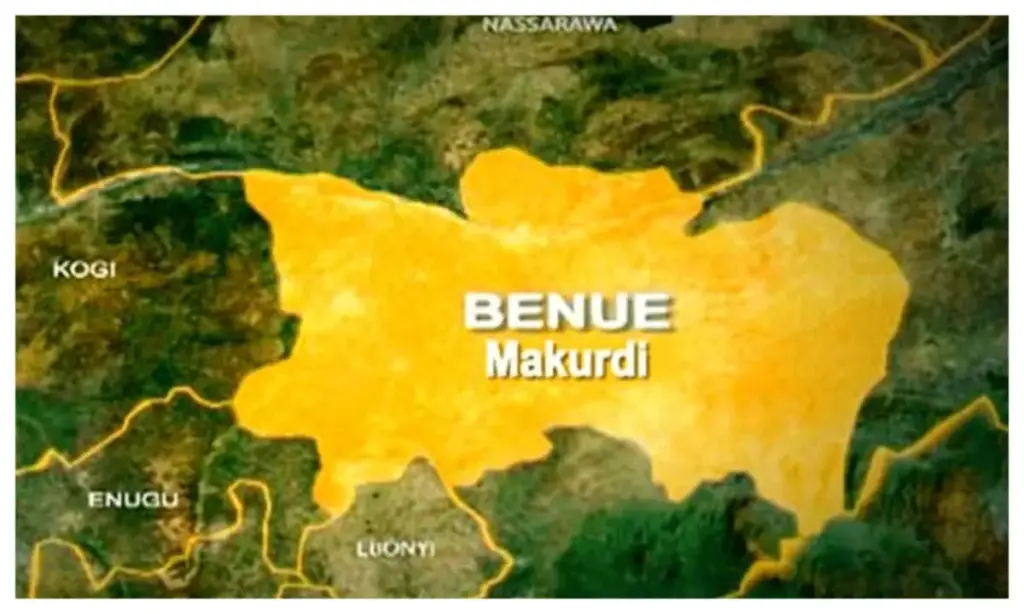Save the Children International (SCI) has inaugurated a newly constructed Temporary Learning Centre (TLC) and donated learning materials to pupils of RCM Primary School, Jato-Aka, and Injorsha during the graduation ceremony of 352 learners under the Accelerated Learning Programme (ALP) in Kwande Local Government Area of Benue State.
The event was chaired by the Benue State Commissioner for Education and Knowledge Management, Dr. Margaret Adamu, who also leads the State Technical Committee of the Global Partnership for Education (GPE).
Speaking with journalists, Dr. Adamu explained that the intervention is targeted at children who lost access to schooling due to displacement, insecurity or other vulnerabilities.
“We are here to witness the graduation of learners under the Accelerated Learning Programme who are now being mainstreamed into formal education so they can enjoy quality learning and better life opportunities,” she said.
She added that the programme specifically targets out-of-school children who either never enrolled or dropped out due to conflict-related challenges.
“The programme runs for six months, sometimes slightly longer, after which the learners join their peers in regular school. Education is the right of every child. They are our future leaders, and that is why Governor Hyacinth Alia is giving them priority.”
On the ongoing debate about mathematics requirements for university admission, the Commissioner clarified that the exemption announced by the Nigerian Mathematical Society applies only to physically challenged candidates and non-science programmes.
Save the Children’s Education Officer for Benue State, Mr. Simon Vihi, said the ALP is part of the GPE-funded intervention being implemented in five states.
He explained that out-of-school children were identified and enrolled in a non-formal learning programme for 6 to 9 months depending on their learning pace, with the goal of reintegrating them into formal schooling.
He confirmed that the newly commissioned TLC was constructed by Save the Children.
“It is a temporary learning space built from scratch. While not a standard classroom block, it serves the purpose and can later be converted into a permanent structure. We are implementing the project in about 14 schools in Kwande,” he said.
The Head Teacher of RCM Primary School, Jato-Aka, Dr. Comfort Ajio, expressed gratitude for the interventions. She noted that Jato-Aka and Injorsha communities host refugees and displaced children whose parents cannot afford schooling.
“We have a high population. If government can help by providing more structures and teachers, it will go a long way,” she appealed.
She added that although SUBEB’s guideline states that schools must have at least 10 teachers to receive additional staffing, “we have exactly 10, so we got none,” and lamented that volunteer teachers will stop teaching by December when the programme ends.
Dr. Ajio also highlighted evening skill-training programmes for learners, including tailoring, knitting, barbing, baking and soap-making.
A volunteer teacher, Mr. Tersoo Nyitor, said the continuity of the programme depends on GPE funding.
“Save the Children is just a catalyst; the project is owned by GPE. Even if Save the Children exits, another partner can take it up,” he said.
Parents also testified to the impact of the intervention. Mrs. Janet Terngu, a parent and teacher at Injorsha Primary School, said the programme has significantly reduced her financial burden.
The District Head of Yaav, HRH Beebee Simon, commended SCI for its “relentless support” to displaced children and host communities.
















